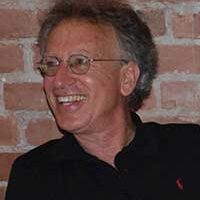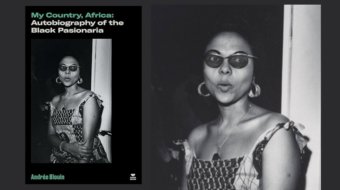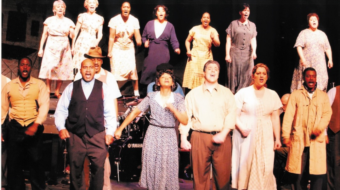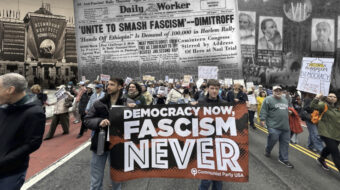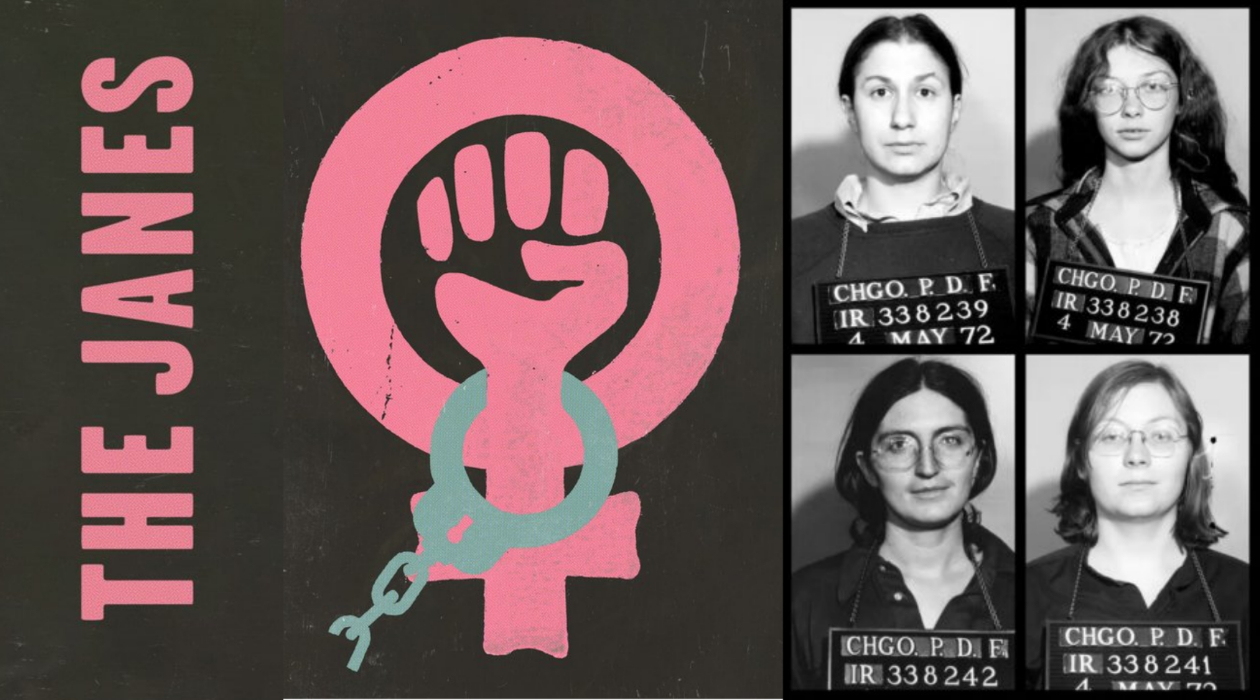
Directors Emma Pildes and Tia Lessin’s new documentary The Janes could hardly be more timely or instructive. The film is an engrossing, feel-good story of how a group of socially committed young women organized to help provide abortion services at a time when this medical procedure was criminalized.
More than just a particular public health history, The Janes chronicles women’s emergence into wider leadership in the progressive struggles of the time. This new leadership had a distinctly different tone and approach from that of the male-dominated movement leadership. There seemed less ego involvement, more pragmatic problem solving, and a caring ethos surrounding their work. As the Janes confronted a life-and-death situation, they developed a fluid organization characterized by lack of posturing and great solidarity. These women were more focused on finding solutions than their status in the organization.
The Janes grew out of the social change movements of the Sixties in Chicago. Young women, mostly students, resonated to the idea that they could make a better world. But as they demonstrated against the Vietnam War, for civil rights, and to clean up the environment, they were confronted with pressing personal problems of their own: what to do about unwanted pregnancies.
Up to that time, abortions were performed on a dangerous random basis or under the aegis of organized crime. As one Jane founder, Dorie Barron, remembered: “I had no other options. I was that desperate.” Petrified, she met the illegal abortionist in a cheap motel, where she was left afterward to bleed to death. Out of fear and desperation, Jane Judith Arcana realized they could be of use by organizing among those in need.
So, under the radar of the Chicago Police and The Mob, the Janes organized. “Jane was an outrageous undertaking by a lot of smart women,” remembered Jane Katie. “Men’s under-estimating women’s ability worked well for us!” So did their nerve. “I could have been arrested,” noted Marie Leaner, a Jane leader, but “I could’ve cared less. This was an opportunity to define who I was as a person, what do I stand for.” The African-American Leaner, a friend of Fred Hampton and Bobby Rush, and the Reverend Patricia Novick-Raby, whose husband was also a civil rights leader, were steeled in the protest movement.
Black or white, clerical or lay, professional or student—they were all tailed, harassed, and arrested by Chicago law enforcement’s Red Squad. “People were throwing bags of shit at us. Ripping women’s earrings out of their ears. Tossing firecrackers at the crowds of demonstrators. I was afraid all the time. But you know, I was a warrior for justice!” proudly proclaimed Novick-Raby.
Jane member Diane Stevens thought they were going to change the world. Jane member Jeanne X saw abortion as the front line of struggle. Women were dying because they were women. These young women grew more and more disillusioned with insufficient resources, bandaid counseling, and services withheld. Jane Heather explained that about a dozen of them met at activist Eleanor Olivier’s house to set up referrals and seek out helpful doctors. They ran newspaper ads—“Pregnant? Call Jane.” The calls flooded in.
As the service expanded and fine-tuned, women shaped Jane into an organization that served mainly the poor, asking people to pay forward and contribute what they could. They reformed a restricted, clinically cold process into one that explained the medicine and provided comfort. Because of its illegality, they had to operate clandestinely. Still, between 1968 and 1973, when the Supreme Court’s decision in Roe v Wade legalized abortion, Janes performed an estimated 11,000 abortions.
In a time when once again women’s control over their own bodies has been rolled back, The Janes offers a primer for creative resistance. Once again, providing abortion has become a revolutionary act.
The Janes may be live streamed via HBO.


